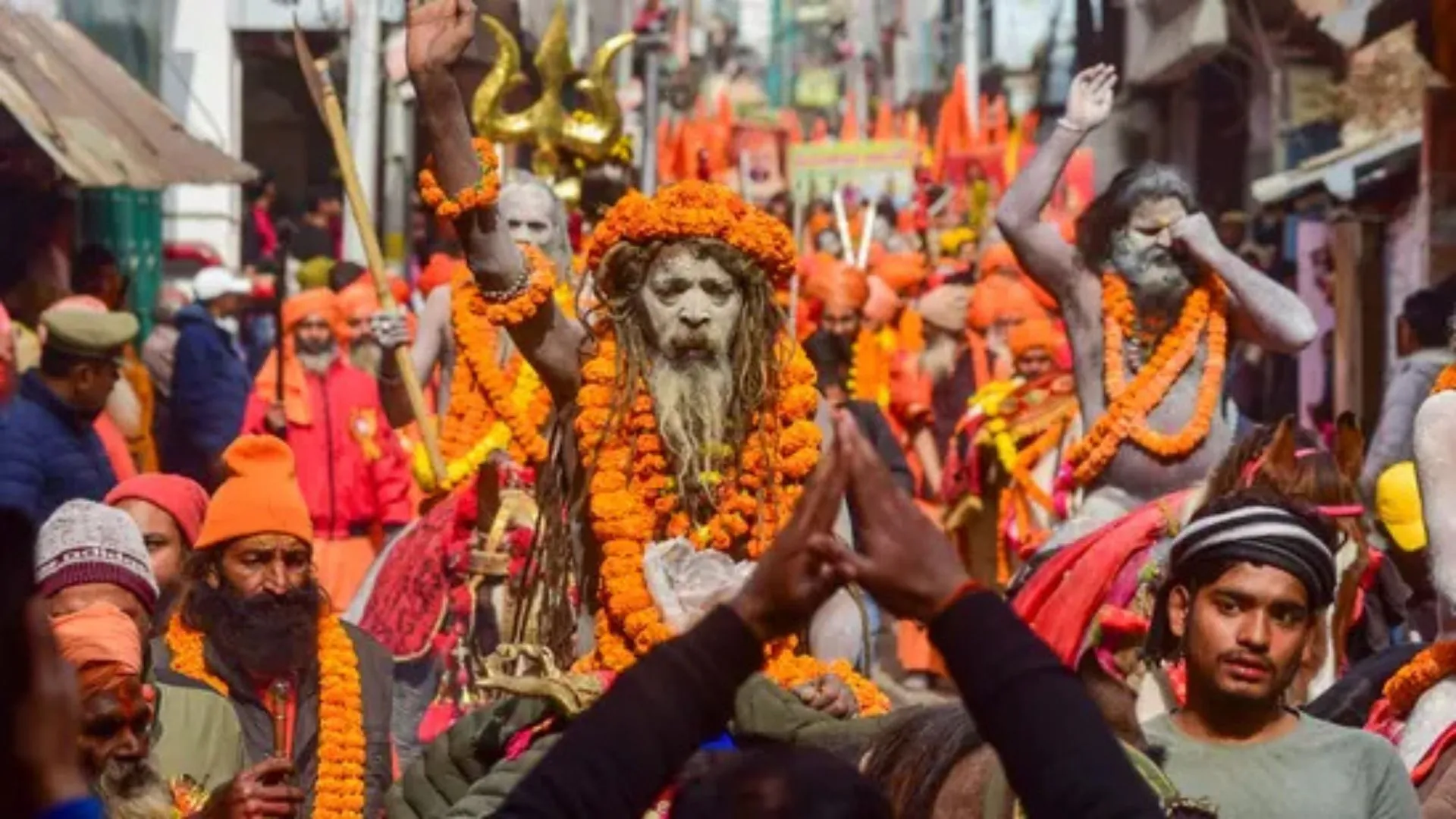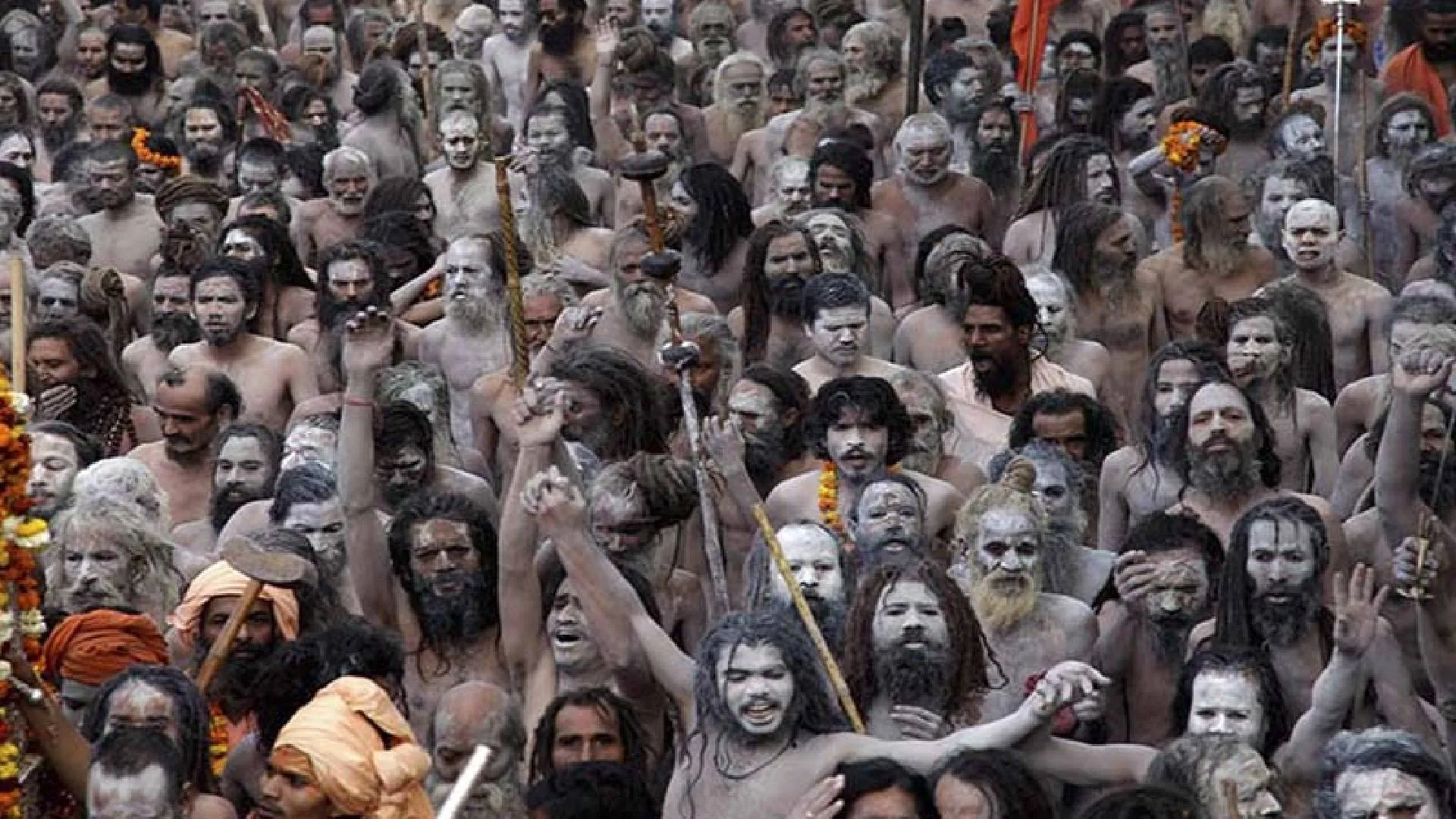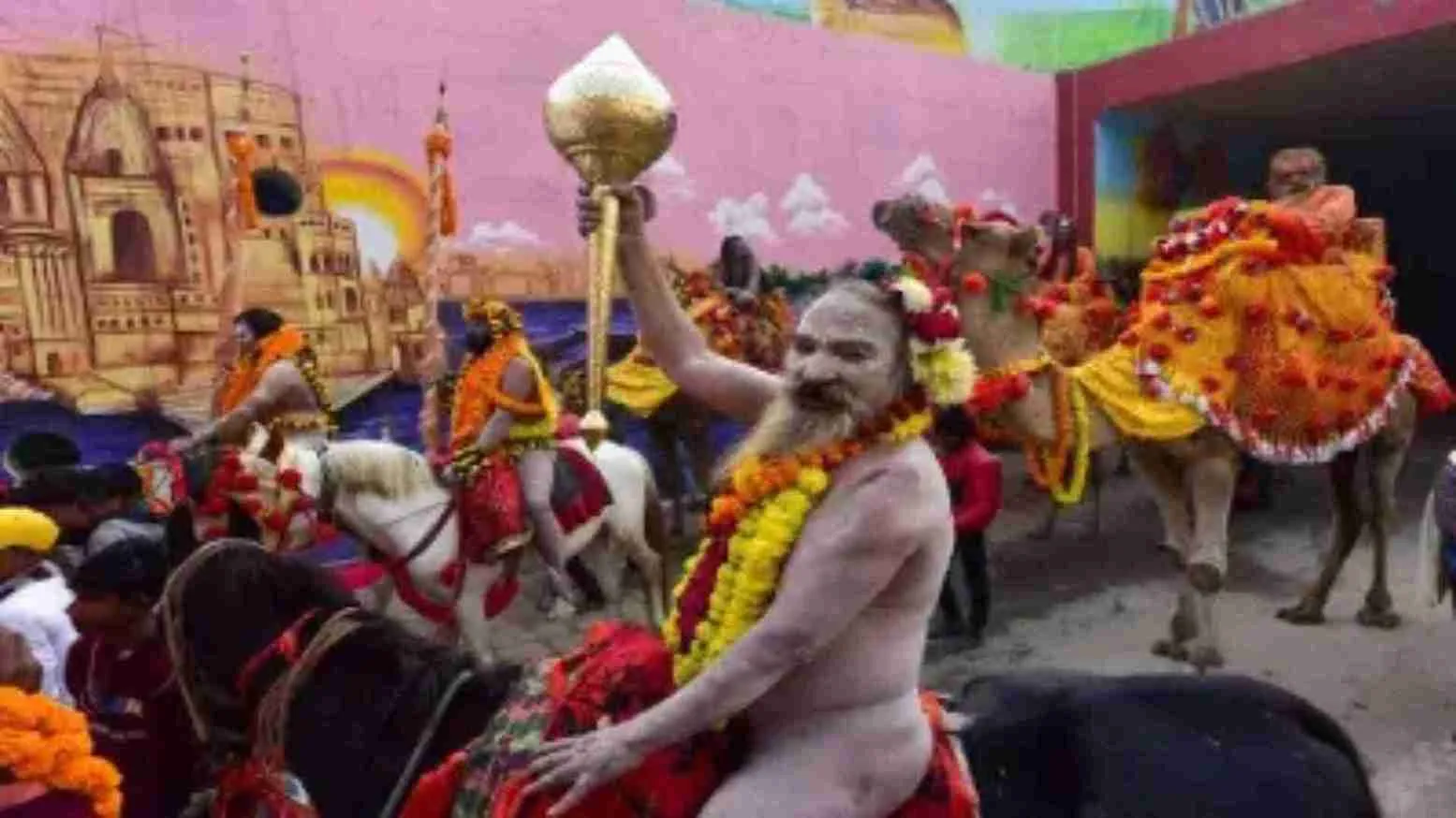Life is a great equaliser; it offers opportunity and adversity to each of us. Yet some of us succeed despite the great adversity while others struggle despite having the best opportunities. Sometimes the circumstances of success and failure are not in our hands but many times it is our own actions, behaviours and attitudes that decide this. In Indian philosophy, Samskaras are deep impressions of our subconscious mind, accumulated through past actions, thoughts, experiences and lives. These Samskaras, which we are born with and carry into our present life are believed to influence our personality, perceptions, emotions, and behaviours.
Samskaras in different schools of Indian philosophy:
YOGIC PHILOSOPHY:
In the Yoga Sutras, Sage Patanjali explains that, Samskaras are impressions, developed by mental and physical actions, which influence the conditions of future experiences. In Yogic philosophy, there are some fundamental emotional and psychological states that we are born with and which colour our consciousness.
Features of Yogic Philosophy:
The fundamental emotional and psychological states are: klesas and parikarmas.
The five klesas are avidya (ignorance), asmita (over-identification with the ego), raga (desire or attachment to pleasure). Dvesha (avoidance) and abhinivesha (fear.)
The four parikarmas are Maitri(friendliness), Karuna (compassion), Mudita (Goodwill) and Upeksa (indifference to evil).
The klesas and parikarmas are considered inherent aspects of people’s personality and behaviour right from birth.
These are not merely transient emotions but deeply ingrained tendencies that influence our thoughts, behaviours, and interactions with the world.
Implications:
Different people possess the different klesas and parikramas in varying degrees. These variations in different people account for the differences in behaviour and personality we see amongst us.
By acknowledging these inherent tendencies, we can gain deeper insights into who we are.
SAMKHYA PHILOSOPHY:
In Samkhya, each person is believed to be born with a unique set of Samskaras or qualities inherited from past actions and experiences. Samkhya school suggests that, from the absorption of the samskaras of the external world arise the particular characteristics of the individual self.
Features of Samkhya Philosophy:
People absorb external impressions and, internalize them as inherent tendencies that shape their individuality
These then give rise to specific thoughts, emotions, and tendencies.
Implications of Samkhya philosophy:
It suggests that while people possess agency and the capacity for self-transformation, they are also bound by their psyche’s inherent tendencies
There is a unique and intricate interplay between individual agency and the predetermined tendencies in our lives.
So don’t try too hard to change yourself. Remember that you are exactly where you are meant to be right now.
Some samskaras you could be holding onto:
Negativity and victim mind-set
Believing that you are not good enough
Your value is determined by the money you earn
People are inherently bad and the world is a dangerous place
Life is unfair
Money is bad or evil
You will never find true love
Samskaras and the power of transformation:
Life does not have to be completely controlled by the Samskaras of the past. In the Bhagwat Gita, Krishna observes that, “As a person puts on new garments, giving up old ones, the soul similarly accepts new material bodies, giving up the old and useless ones.” That is, we have within us the power of choice: the choice to shed old Samskaras and acquire new ones across lifetimes.
Do this to re-work your Samskaras:
Yogic practices of Asanas, Pranayama, and Dhyana
Engage in shadow-work.
Work on re-orienting your mindset through positive affirmations.
Recognise three of your worst limiting-beliefs and commit to over-coming them proactively this year.
Rather than resisting or denying our samskaras or predetermined inclinations, it is wiser to embrace them with compassion and mindfulness, recognizing them as stepping stones towards becoming your most authentic self.
Dr Hansaji Yogendra is the director of The Yoga Institute. She is also the president of the Indian Yoga Association and the International Board of Yoga.























